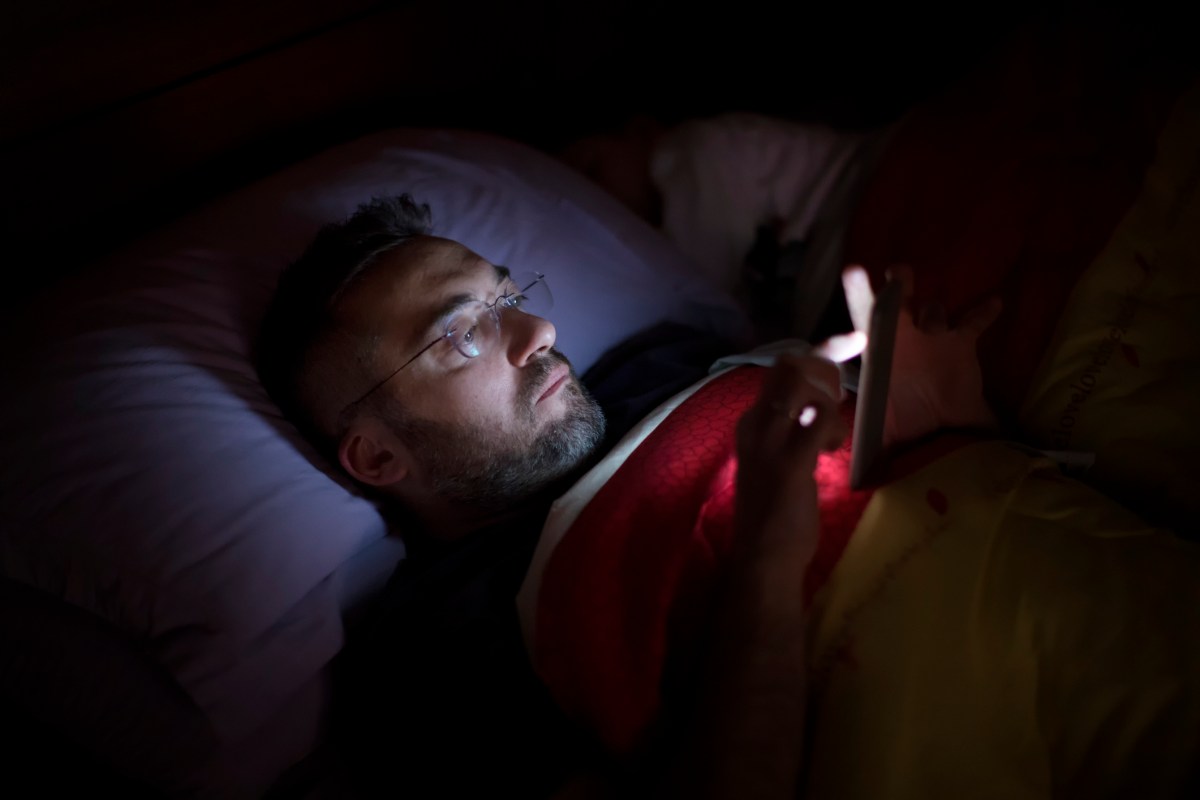Personal taste preference typically dictates what we ultimately decide to put in our mouths, but bad habits like living with a cluttered kitchen, too much screen time, harsh self-criticism and a poor sleep schedule are all heavy influencers on our diets, too.
These lifestyle factors can greatly affect both the quality and quantity of our diets, CNN reported. But there are several ways out of these self-sabotaging practices.
Start at the source by decluttering your kitchen.
“Sometimes, you have intentions of eating healthy, but you can’t find where things are,” registered dietitian nutritionist Dr. Lisa R. Young told CNN. “You have things on the counter, and so you eat what’s there … and you end up subconsciously eating more without realizing it.”
Taking a tech break can help relieve stress, which might reduce impulsive, thoughtless eating. This distracted way of snacking causes you to miss out on the taste and flavor of foods and prevents you from registering when you are full, explained Megrette Fletcher, a registered dietitian nutritionist.
Being in desperate need of a good night’s sleep might make you reach for unhealthy foods, too. Research suggests that when we are chronically sleep-deprived, we eat more and are more likely to gain weight. And we’re very likely not gaining pounds from fruits and vegetables.
“The research seems to show that sleep-deprived people crave comfort food: high-fat, high-sugar, high-calorie junk food,” Young said.
If and when you do slip up, one of the worst things you can do for both your mental and physical help is to berate yourself for it. Practicing self-compassion is eating in a way that reflects self-value and self-regard, Fletcher explained to CNN. That can mean slowing down in order to actually have time to eat breakfast or giving ourselves permission to eat the foods we love sometimes.
“When you don’t practice self-compassion, if you eat an ice cream cone or one brownie or one cookie, you think, ‘I screwed up,” Young said. “‘I’m never going to be thin. I’m never going to be healthy.’ It’s black and white thinking, and that can never be good.
“[But] When you practice self-compassion, you give yourself more wiggle room to make better choices down the road.”
Thanks for reading InsideHook. Sign up for our daily newsletter and be in the know.


















